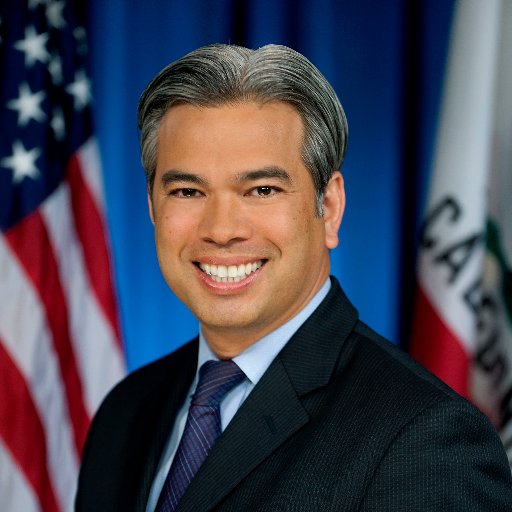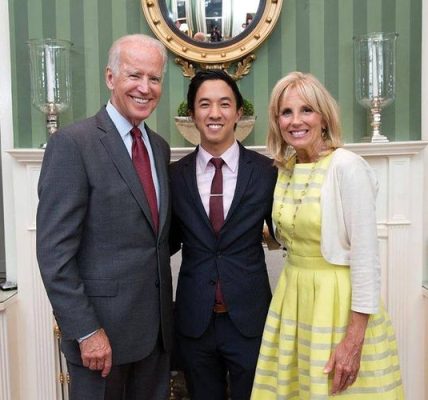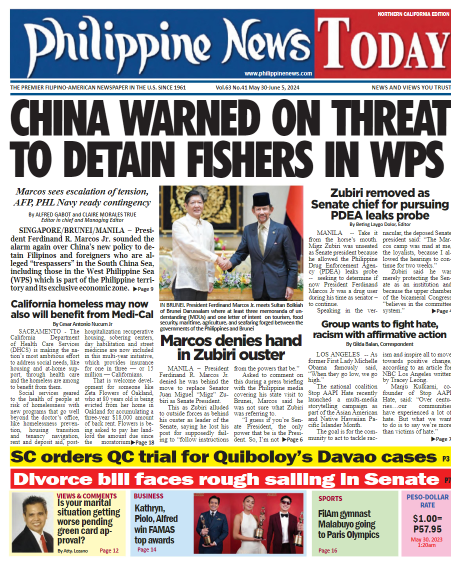MANILA – President Ferdinand R. Marcos Jr. condemned the continued foreign intrusions and hostilities in the West Philippine Sea (WPS), warning that these could endanger Filipinos.
Marcos, at the same time, reiterated his call for self-restraint after expressing concern over persistent dangerous actions and harassment against Filipino fishers and Philippine vessels in the West Philippine Sea.
“Of course, if we truly want a pathway for the South China Sea to remain a sea of peace, stability, and prosperity for all, we should not lose sight of the importance of self-restraint on everyone’s part,” he said.
“Otherwise, the failure to restrain provocative and dangerous actions further threatens the peace and stability that we have collectively built and cultivated over many years.”
In a related development, Armed Forces of the Philippines (AFP) chief Gen. Romeo Brawner Jr. assured that there will be no letup in the military’s patrols in the West Philippine Sea (WPS) despite persistent Chinese aggression.
Brawner gave the assurance when asked on how the AFP plans to fend off China Coast Guard and People’s Liberation Army Navy whose vessels are getting closer to Philippine-occupied features in the WPS.
Defense Secretasry Gilberto Teodoro Jr., meanwhile, said the Philippines is reshaping its defense to make it more capable and resilient against modern threats.
“The President (Ferdinand R. Marcos Jr.) has instructed us to be unyielding and to reshape our defense ecosystem as quickly as possible into a multi-threat, multi-domain system,” Teodoro said
Marcos raised concerns over China’s aggressive activities in the West Philippines Sea before a summit meeting between United States President Donald Trump and leaders of the Association of Southeast Asian Nations (ASEAN).
Among these actions is Beijing’s unilateral plan to establish a so-called nature reserve in Bajo de Masinloc (Scarborough Shoal), a maritime feature long claimed by the Philippines.
Marcos did not directly name China but said Manila is deeply concerned over “dangerous maneuvers and coercive actions” that interfere with legitimate Philippine activities in the West Philippine Sea (WPS).
He stressed these actions violate international law, specifically the United Nations Convention on the Law of the Sea (UNCLOS).
The Philippines has repeatedly protested China’s harassment of Filipino vessels, including water cannon attacks by the China Coast Guard on resupply missions.
The Philippines on several occasions rebuked China over its coast guard’s repeated harassment, including the water cannoning of Filipino vessels conducting legitimate operations in the WPS.
“On the South China Sea, it is regrettable that incidents continue to occur in the West Philippine Sea that have put the lives of Philippine personnel and the safety of our vessels and aircraft at risk,” he said in his intervention at the 13th US-ASEAN Summit.
This was also the first time Marcos criticized China’s move to establish its so-called Huangyan Island National Reserve in the Bajo de Masinloc before a multilateral fora since it was approved by China’s State Council in September.
“[T]he attempt of some actors to establish the so-called ‘nature reserve’ status over Bajo de Masinloc or Scarborough Shoal, which is a longstanding and integral part of the Philippines over which it has sovereignty and jurisdiction, clearly violates not only Philippine sovereignty, but also the traditional fishing rights of our people,” he added.
He emphasized that these rights are guaranteed by the 1982 UNCLOS, the final and binding 2016 South China Sea Arbitration Award, and the country’s domestic law.
During his intervention at the 5th Association of Southeast Asian Nations (ASEAN)-Australia Summit with Chinese Premier Li Qiang in Kuala Lumpur, Malaysia, Marcos stressed the need for an “effective and substantive” Code of Conduct (COC) to prevent provocations at sea.
“On the South China Sea, it is regrettable that incidents continue to occur in the West Philippine Sea that have unnecessarily put Philippines’ lives at risk,” Marcos said.
Marcos also criticized the “unilateral, forceful, illegal” attempts to declare Bajo de Masinloc (Scarborough Shoal) a “nature reserve.”
He maintained that Bajo de Masinloc remains “a longstanding and integral part of the Philippines,” emphasizing that the country exercises full sovereignty and jurisdiction over the territory.
He said a binding COC “can effectively govern the behavior of parties at sea.”
Marcos also expressed gratitude to Australia for its proactive support for the Philippines through joint exercises such as Alon 25.
“Through all these difficulties, Australia has stood with the Philippines and all peace-loving peoples in desisting provocative and coercive actions,” he said.
Negotiations between China and ASEAN are ongoing to craft a COC, which is intended to serve as a framework for managing tension in the disputed South China Sea.
Marcos said the Philippines is working to “redefine” its partnership with China — balancing the two states’ cooperation while continuing to assert its rights and sovereignty in the West Philippine Sea.
“I continue to find ways to redefine our relationship with China. I really believe that the way forward is to change,” he said.
Marcos indicated that the maritime row is not the sum total of the relations and that there is a “huge possibility for trade, exchanges,” and other kinds of discussions and engagements between China and the Philippines.




















